opioid
Latest
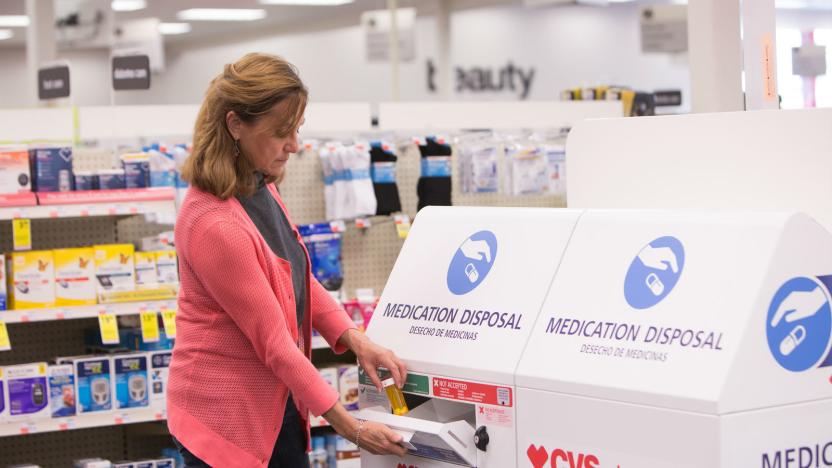
Google Maps can now guide you to drug disposal locations
Drug disposal programs have been cited as an effective tool in the fight against opioid abuse by medical studies and the White House. Now Google is lending a hand by pinpointing 3,500 of these drop-off sites on Google Maps and via Search in partnership with the DEA, HHS, CVS, Walgreens and state governments. Search terms like "drug drop off near me" or "medication disposal near me" will display the permanent disposal locations at pharmacies, hospitals or government buildings.
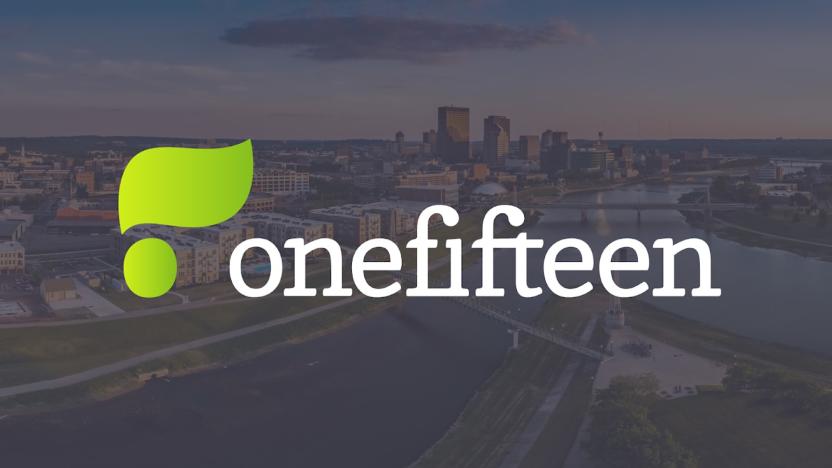
Alphabet's Verily is opening an opioid addiction center in Ohio
Alphabet's health data company Verily is mainly known for its devices, but now it's tackling one of the larger problems in the US through facilities. The company is teaming up with Kettering Health Network, Premier Health and Alexandria Real Estate Equities to establish OneFifteen, a "tech-enabled" campus in Dayton, Ohio that will help address opioid addictions. It'll include clinical services, housing for recovering patients and mixed-purpose buildings to help both patients and the local community, with Verily's technical know-how helping to "continually evolve" treatment.
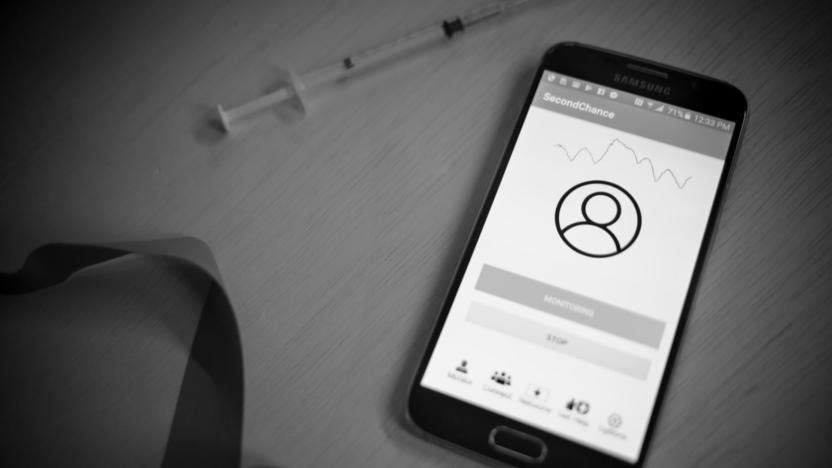
Smartphone app could help doctors detect opioid overdoses
A new mobile app could alert doctors to people who have overdosed on opioids by tapping into a smartphone's speaker and microphone. The "Second Chance" app, developed by a team of researchers from the University of Washington, turns your phone into a sonar device for measuring breathing. Though still in the trial stages, its creators say it detected early signs of overdose in the minutes after people injected heroin.

Wearable sensor can detect imminent opioid overdose
The number of drug overdose deaths in the US more than tripled between 1999 and 2016, with opioids accounting for the majority -- in 2018, more than 115 people died from opioid overdose every day. Now, students from Carnegie Mellon University have created a wearable device that could alert the wearer to a possible overdose, giving them enough time to administer naloxone to reverse the situation.
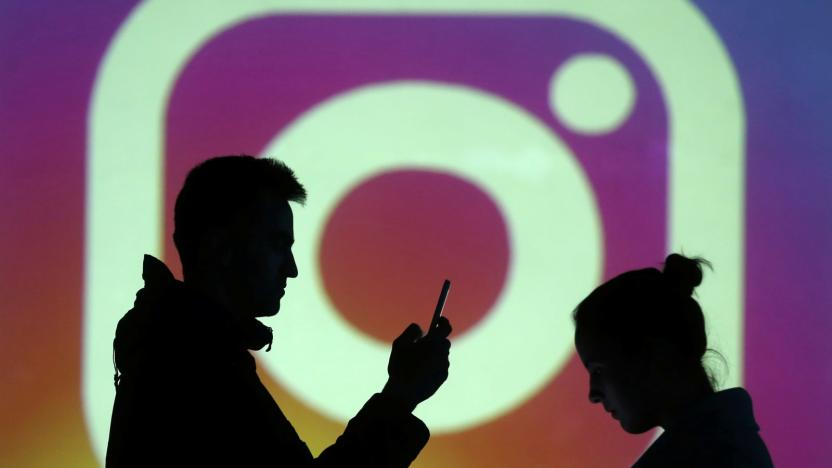
Instagram offers help to people struggling with drug abuse
Instagram is expanding its proactive help to people grappling with drug addiction. The social network will pop up an offer of support when users search for certain drug-related hashtags, including references to opioids and other frequently abused substances. The message won't prevent people from finding material if they insist on it, but it will give them a moment of pause and could help them find treatment referrals as well as prevention and recovery information.
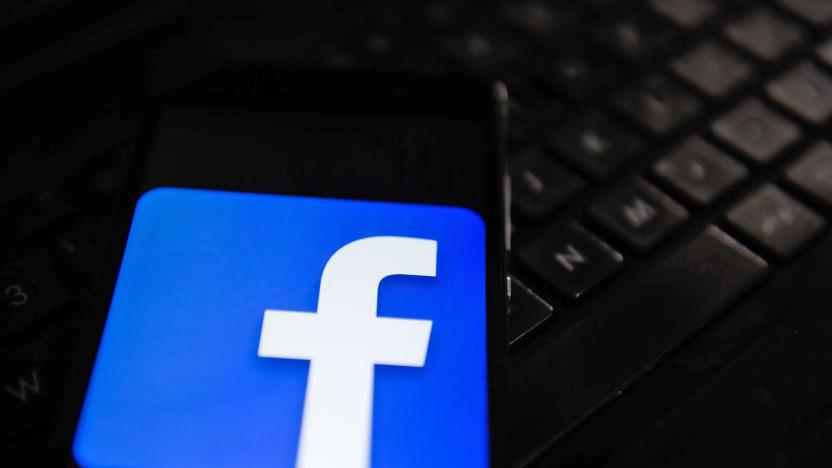
Facebook finally stops surfacing opioid-related posts
Facebook has reportedly stopped surfacing posts, Pages and Groups when users search for opioids like OxyContin and fentanyl, TechCrunch reports. The change comes as the Centers for Disease Control release estimates showing continued increases in opioid-related death rates across the US. Now, when Facebook users search for certain drugs, the site only returns videos and user profiles with similar names. The company told TechCrunch that it is working to make it more difficult for users to find content that might connect them with dealers.
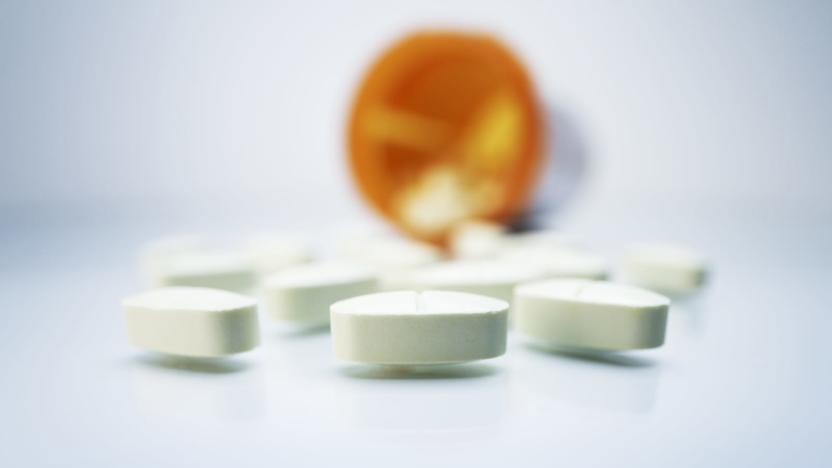
Google uses its search skills to help fight opioid addiction
Google is using its influence as a search giant to fight opioid addiction in the US. The company has partnered with the Drug Enforcement Administration on a prescription drug take back tool that uses Google Maps helps you find return locations using Google Maps. You only have to fill in your address or ZIP code to get a slew of clearly identified recycling centers and similar drop facilities. It's meant or National Prescription Drug Take Back Day on April 28th, but Google is partnering with the DEA and state governments on integrating more permanent options into Maps.
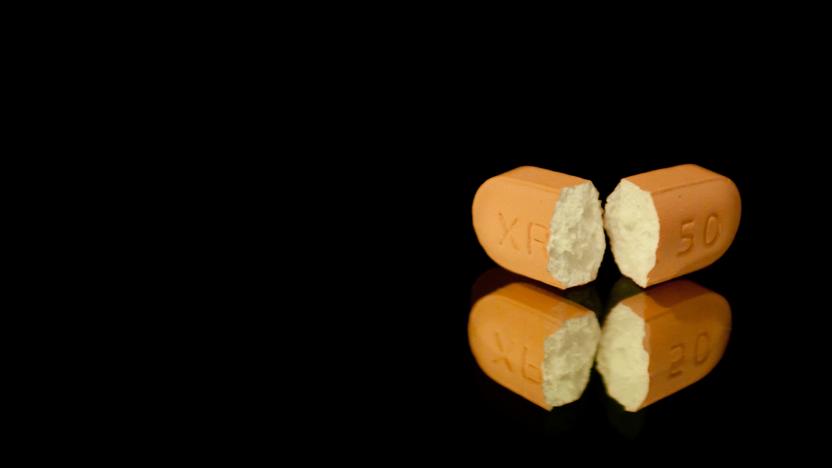
Can tech replace painkillers?
Jennifer Kain Kilgore was 17 when she had her first car accident. A high school senior, she was driving with her mother and aunt for a college visit to Georgetown University in Washington, D.C., when their car -- stopped on the highway in a line of traffic -- was rear-ended by another driver speeding toward them at 65 miles per hour. Her spine was broken in four places. Nearly 10 years later, history repeated itself. Jennifer was waiting at a red light when she was rear-ended. Her old injuries were inflamed while new ones left her with all-encompassing, shooting pain. Despite a decade bookended by accidents, Jennifer, now 30, nevertheless hit milestone after milestone. Through surgeries and physical therapy, she went on to graduate from college and law school, worked as an attorney in the Boston area, got married and published her work as a legal consultant, blogger and freelance writer, sharing her personal experiences with readers who connected with her personal story. But throughout all of this, she lived with one horrible constant: chronic, often debilitating pain. After her second accident, she made the decision to leave her law firm job and work from home as a freelancer.
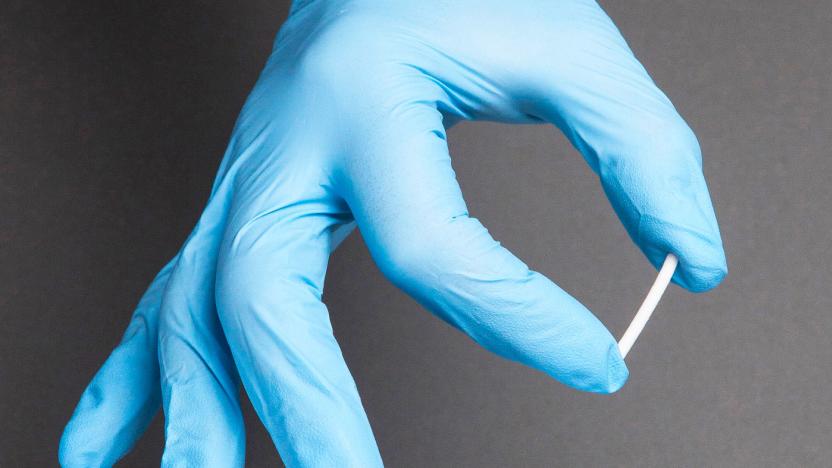
FDA OKs first implant treatment for opioid addiction (updated)
That small stick in the image above might look like a fat toothpick or a part of a toy that broke off, but its much, much more than that. It's called Probuphine, and it's the first implant treatment for opioid addiction that got the FDA's blessing. Opioid dependence is a huge problem today, especially since opioids encompass not just illegal substances like heroin, but also legal pain killers, such as those prescribed after surgery.





